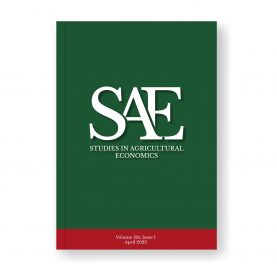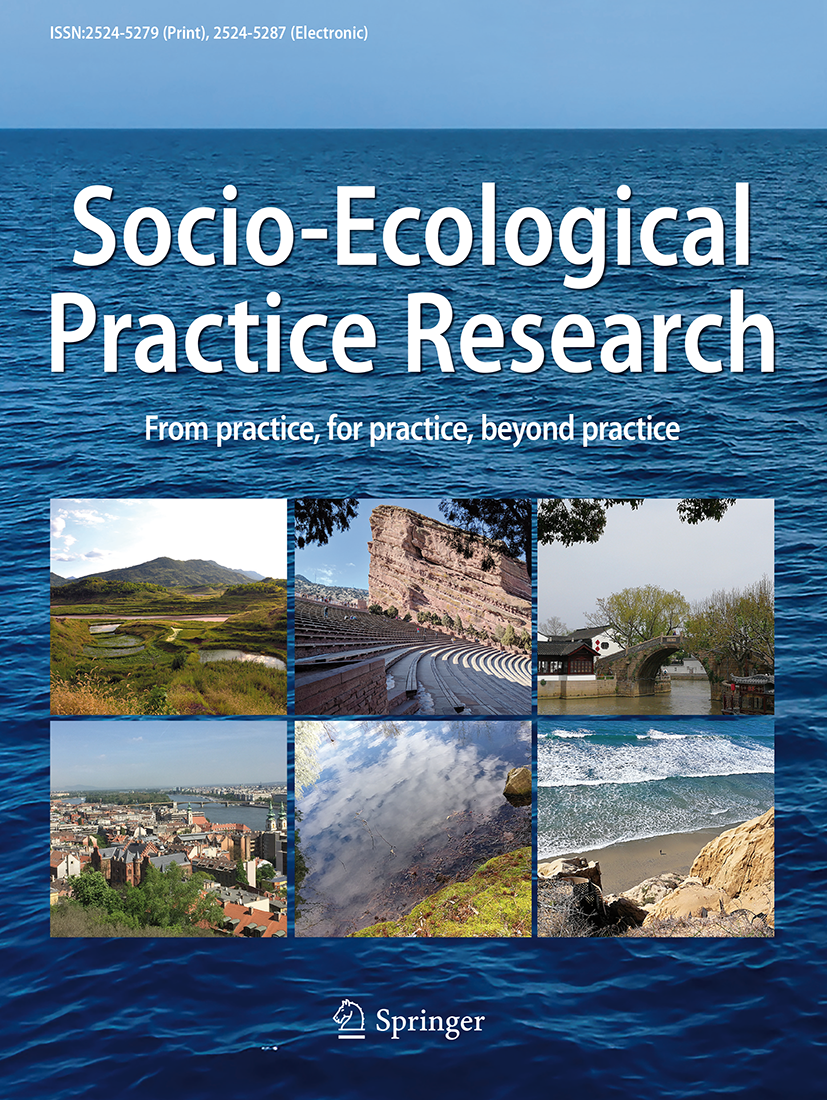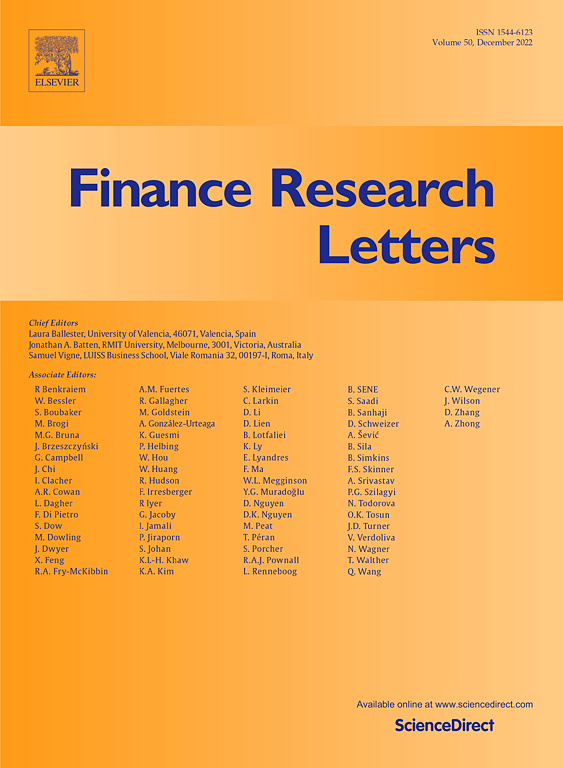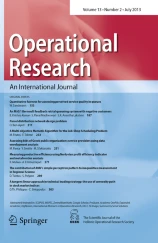Az előadásra hibrid formában kerül sor Zoom felületen, illetve személyesen a K.0.11-12-es földszinti előadóban 2024.11.07-én, 13.00 órától.
Előadó: David Reimer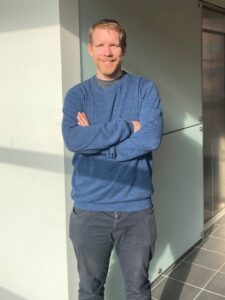
BIO: David Reimer is Professor of Educational Sociology at the University of Iceland and Aarhus University. His research focuses on inequality in the domain of education and the transition from education to work. He is particularly interested in how social class, gender or ethnic inequalities are affected and moderated by different institutional arrangements across Europe and beyond. His most recent work focuses on developing and testing experimental interventions designed to reduce inequality at educational transitions.
Cím: Every Break You Take: Advancing Seasonal Comparison Research With Digital Trace Data
Absztrakt: Seasonal comparison research has highlighted how achievement gaps among students change during school terms versus breaks, providing significant insights into the role of schools in generating inequality. The current study extends the design by examining learning losses across multiple breaks of varying length, not just summer breaks, using digital trace data from a reading app. We tracked weekly reading speed growth in a cohort of 8,921 Danish students from 4th grade (2019) to the end of 6th grade (2022), comparing growth during school and breaks, including Covid-19 closures. By more effectively differentiating between learning progress made during periods of schooling and declines occurring during breaks, this granular approach enhances our understanding of how school attendance influences learning, yielding insights beyond those derived from traditional seasonal comparison studies. Results show consistent learning losses or stagnation following short breaks, indicating that traditional seasonal comparison designs may underestimate schools’ impact on learning. Notably, learning stagnation during the Covid-19 closures persisted even after schools reopened. While differential effects by socioeconomic status were limited, indicating schools’ neutral role in this regard in Denmark, results suggested that schools may narrow achievement gaps between students with immigration backgrounds compared to those from the ethnic majority population.


